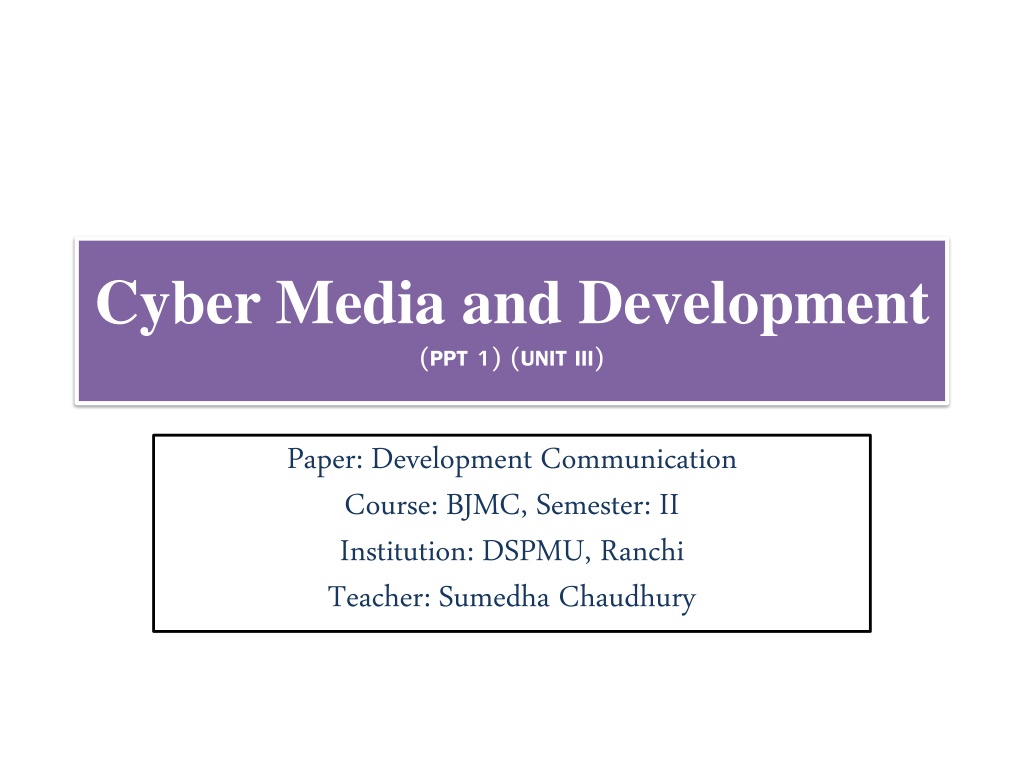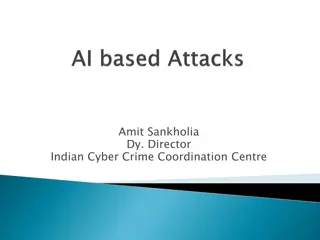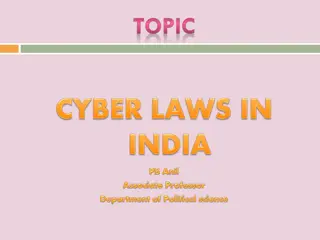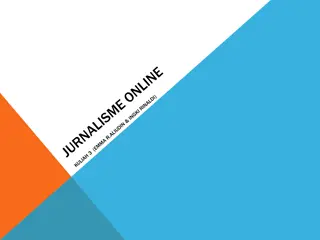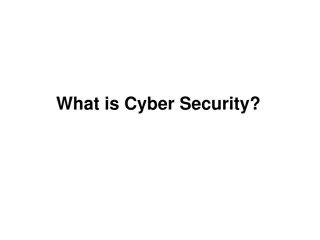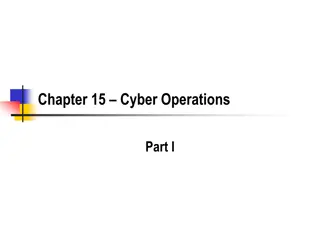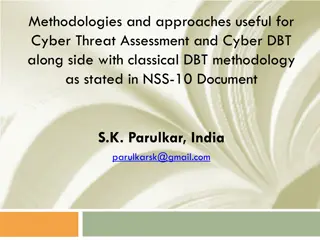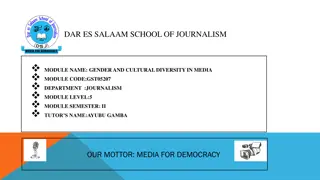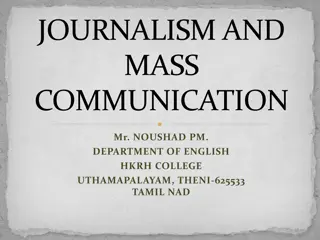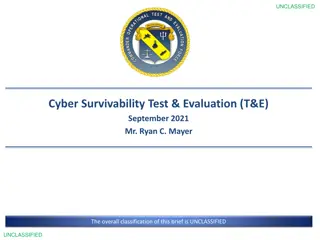The Impact of Cyber Media on Traditional Journalism
Cyber media, a merging of cybernetics and media theories, poses challenges to traditional journalism as it transitions to the online realm. With the rise of new media platforms, traditional journalists face uncertainty in adapting to the changing landscape dominated by citizen reporting and social media. The migration of traditional media to cyberspace raises questions about the future roles of journalists amidst the influx of online news sources.
Download Presentation

Please find below an Image/Link to download the presentation.
The content on the website is provided AS IS for your information and personal use only. It may not be sold, licensed, or shared on other websites without obtaining consent from the author. Download presentation by click this link. If you encounter any issues during the download, it is possible that the publisher has removed the file from their server.
E N D
Presentation Transcript
Cyber Media and Development (PPT 1) (UNIT III) Paper: Development Communication Course: BJMC, Semester: II Institution: DSPMU, Ranchi Teacher: Sumedha Chaudhury
Cyber Media/ Web Media/ Online Media The word Cyber Media or Web Media or Online Media can also be used to indicate a new medium's integration of Norbert Wiener's theories of cybernetics and Marshall McLuhan's ideas about media . According to Wiener, cybernetics encompasses a broad range of communications between humans, between humans and machines, and between machines themselves. Cyber Media therefore begins with Wiener (1954), who said, "To live effectively is to live with adequate information".
In a separate development, McLuhan (1964) differentiated between "cool" media, which demand active participation and an "involvement in process" , and "hot" media, like print, which come in complete packages and makes consumers of the message passive. According to McLuhan, roads and vehicles, money, and weapons are media, just as movies, books and radio is. He describes Media act as extensions of the human body and electric media are extensions of the human nervous system.
It has been argued by media scholars that Cyber Media doesn't exist yet in the real sense of it. What we have now is a mad rush toward it-the new media. Today, every traditional media is migrating to the cyber space to register their presence. So, the making of Cyber Media could be said to be the making.
As the real Cyber Media begins to make inroad into the media industry and the traditional media such as newspaper, television and radio experiment with the new media by migrating into the cyber space, a new platform for the new media, it is imperative to reflect on the fate of the old media and the roles of vehicles for news gathering, reporting and dissemination.
The fear at the moment is that, with the migration of the traditional media to the Cyberspace, the role of the traditional journalists (news correspondents inclusive) may not fit into the new platform. The fear is heightened by the boom in Citizens Reporting, Social Media, and Online Media which have virtually taken over the traditional roles of the journalist. The fact that traditional media now source news from the World Wide Web powered by the Internet has created serious dilemma for the traditional journalist who may soon be out of job when the envisaged Cyber Media finally becomes a reality agencies and foreign
